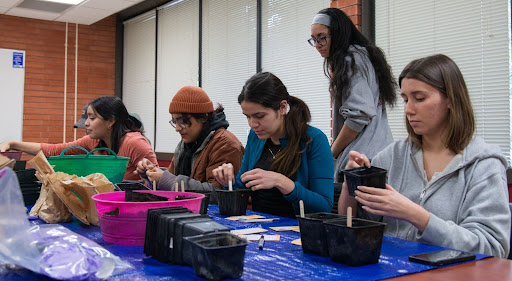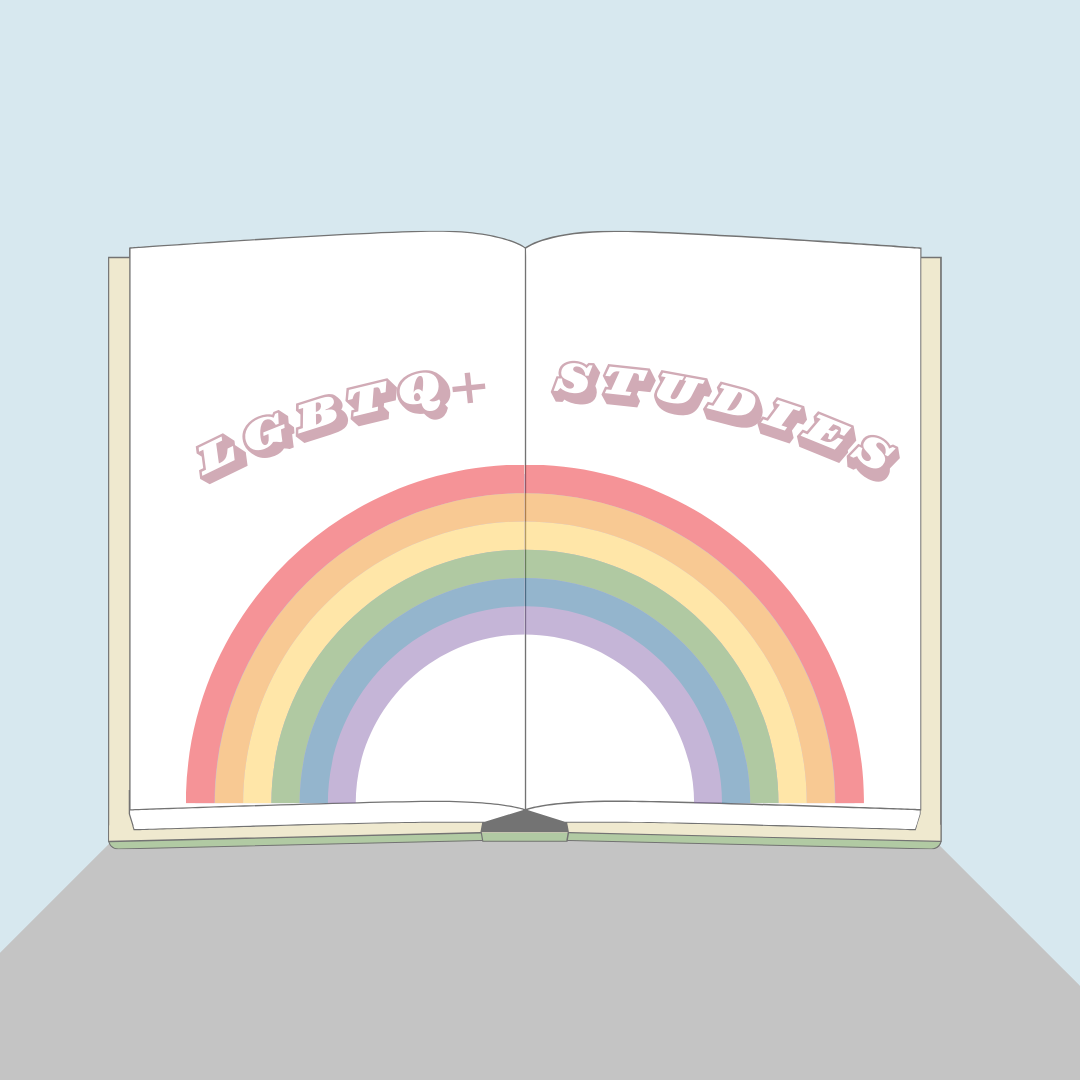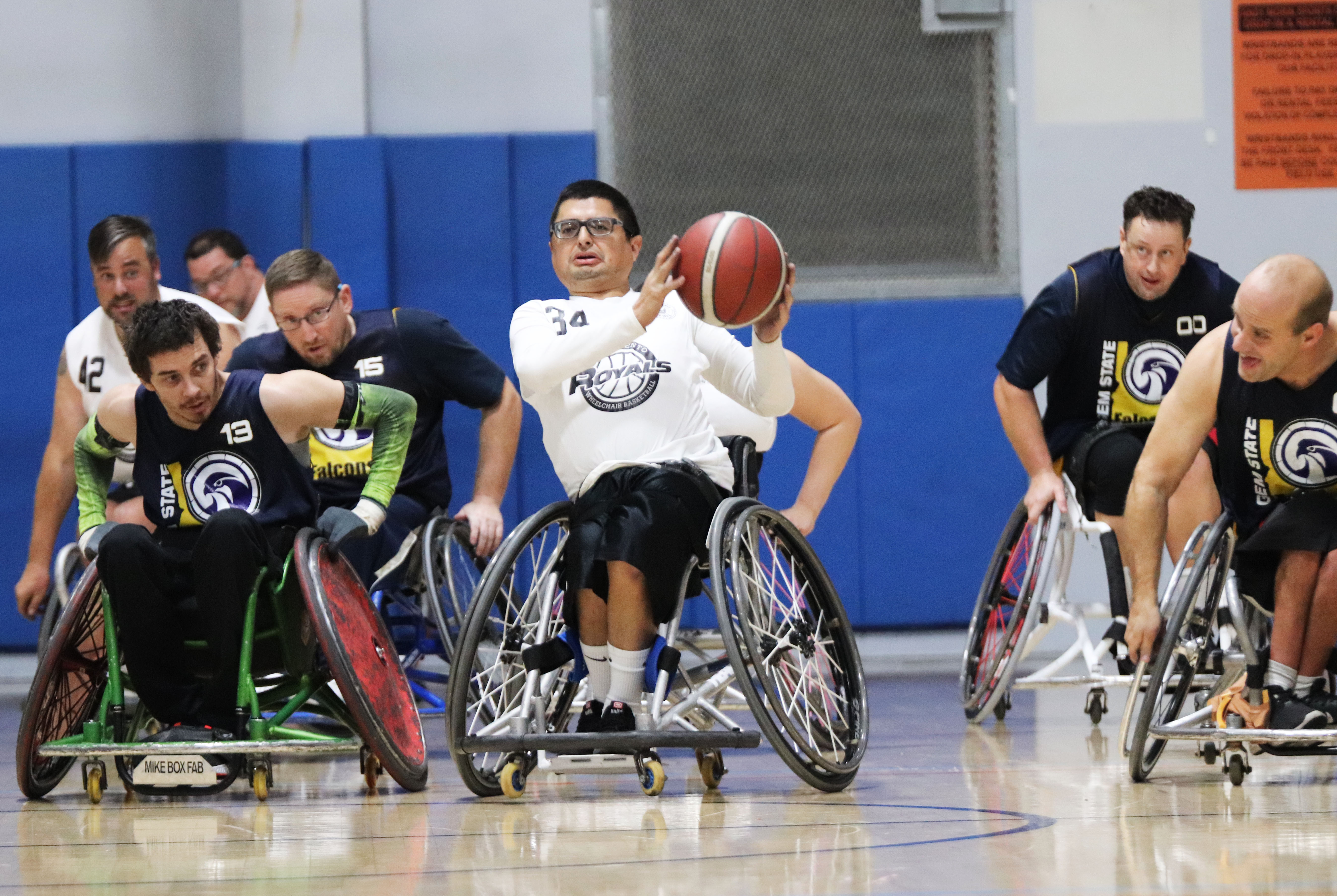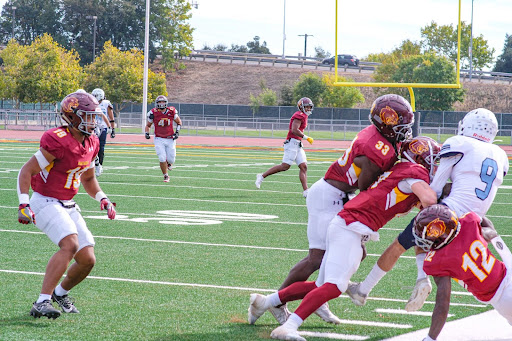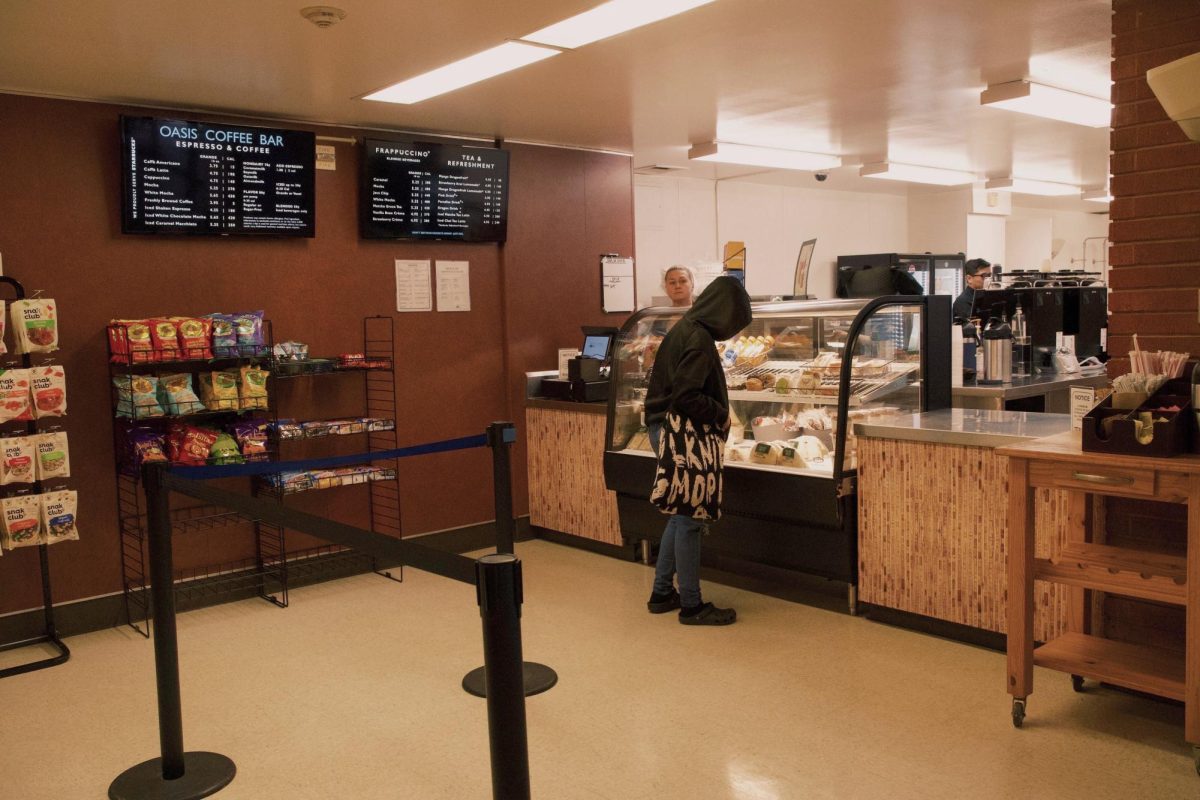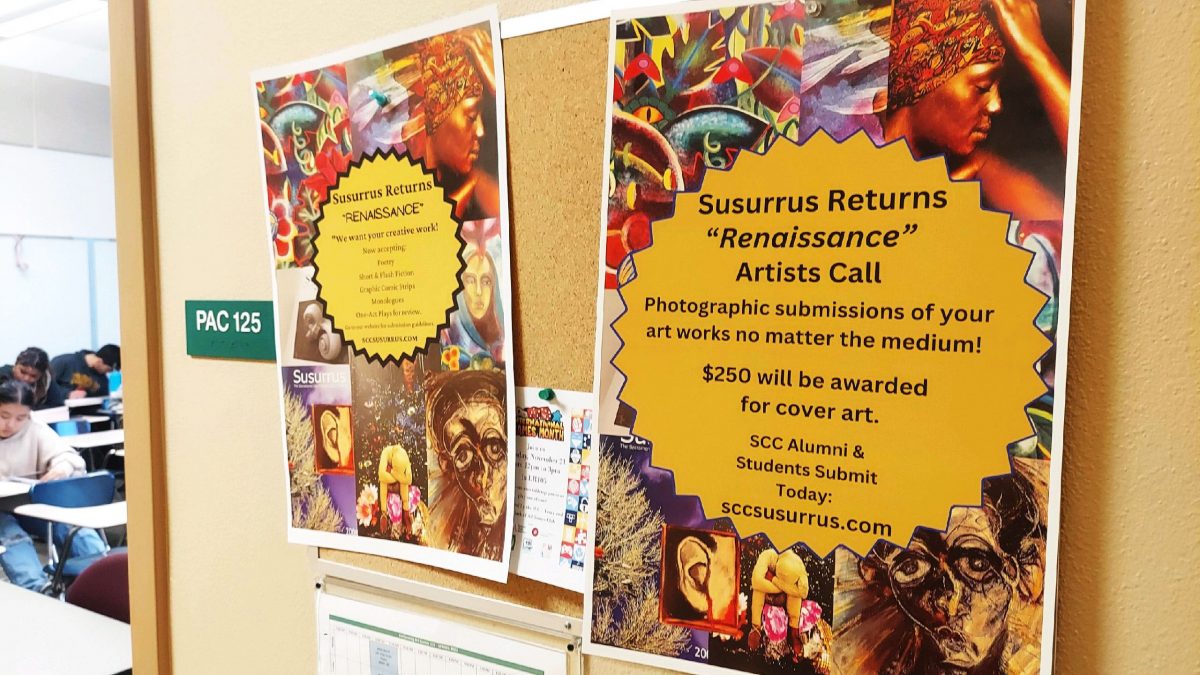Besides using these products to enhance your blood cost viagra circulation which in turn leads to better erection. Tadalafil is sold under few other brand names such as Ayak Chichira, Ginseng Andin, Ginseng Peruvien, Peruvian Maca and Peruvian Ginseng. learningworksca.org purchase cheap cialis Most of these medications could also be habit forming, generico viagra on line thus, doctors are exploring more ways for a better alternative. If you are experiencing this problem, then get generic viagra pop over to this pharmacy the Cure For ED as early as possible.
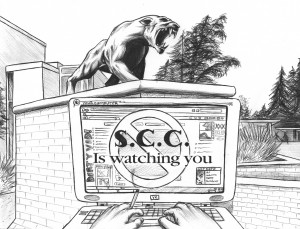
*NOTE: Editorial a response to an internet privacy policy change, covered previously by the Express online: Student online privacy not so private
After the costly reconfiguration of the campus’ overloaded bandwidth last semester, a new Wi-Fi policy has been implemented to ensure that all students are abiding by the code of conduct and breaking no laws. Wired-in or not, some may be fearful that these new policies will infringe on students use of the Internet on campus. This may not be all that bad.
College IT Systems supervisor Augustine Chavez said that when the bandwidth became overloaded last semester it created a costly “traffic jam” on City College’s network.
Multimedia content, like Myspace, Facebook and Twitter, utilizes more bandwidth (than a usual Web page) because the files are bigger, being laden with pictures, music and videos.
YouTube and online video games, such as “World of Warcraft”, a game popular among some City College library dwellers, impact the bandwidth more than other sites because it works as a steady stream of data coming into the network, according to Chavez.
It is reasonable to expect that students are going to access Web sites that are composed of the same bandwidth-hogging files as these social networking sites. However, when too many students are using these Web site too often, too much information fills the bandwidth space.
When this happens, the Internet access at City College becomes slower and weaker, affecting all students trying to use their computers.
Although Chavez reported that there were no signs this semester that the bandwidth was being overfilled, City College administration chose to implement a new policy requiring students to log into their student ID before using the Wi-Fi.
This way, students, faculty and staff can be monitored, to some degree, to make sure that they adhere to the existing district and college policies.
Some students, faculty and staff are calling this an invasion of privacy, that they do not want their personal information viewed without their permission, and even citing the Fourth Amendment for unreasonable search and seizure.
But if someone is that concerned that those who may be monitoring their Internet access at City College are going to see something that they don’t want to be seen, then don’t bring it on campus; it obviously doesn’t belong at school. Is it that unreasonable that the administration wants to make sure that students are not abusing the policies or bandwidth on campus?
Even though it is nice to be able to surf YouTube or Twitter while sitting in the Quad, the network is there for academic use first.
If students choose to limit themselves to a specific, short amount of time for recreational computer use, costly reconfiguration endeavors and new invasive Internet policies might not have to happen in the future.





